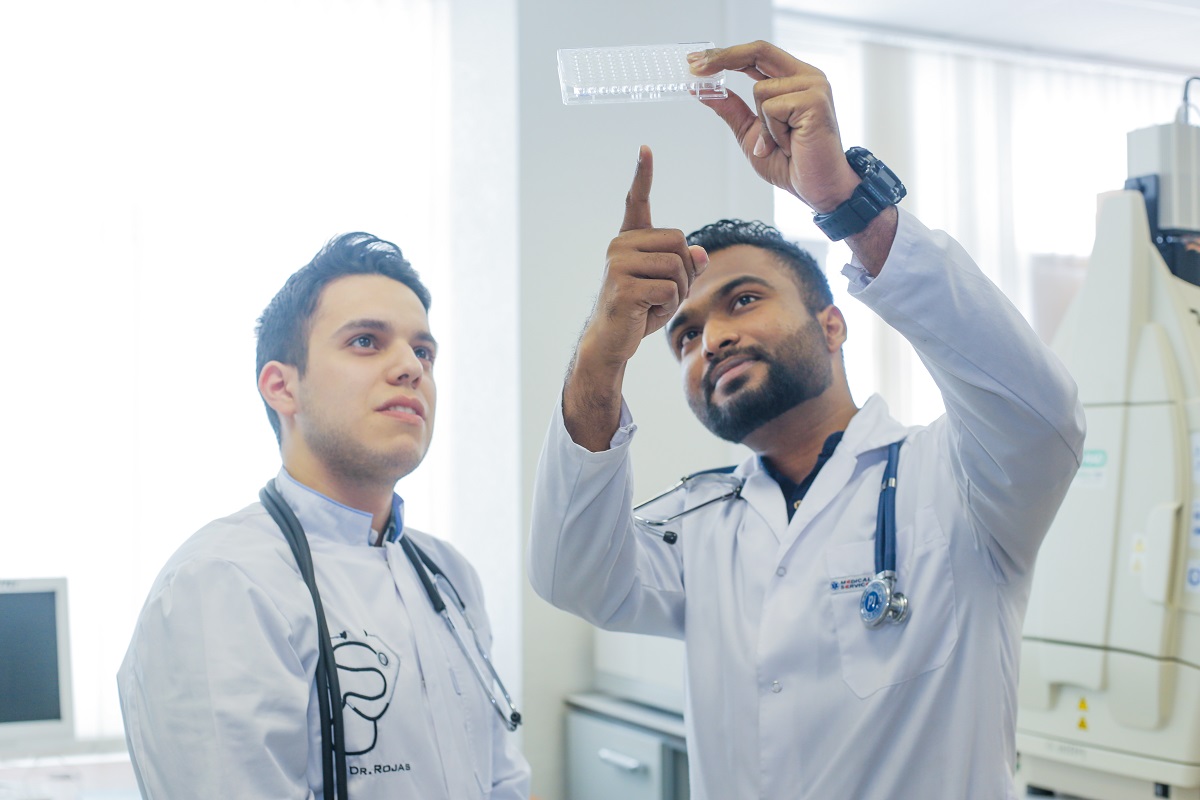What is translational medicine? 5 interesting facts

Research in this area usually takes place in 3 stages:
- Clinical research, that is, the translation of scientific discoveries into practice in specific settings.
- Assessment of how feasible it is to use new developments in real life, i.e., with the participation of patients.
- implementation of the results into the practice of the current health care system.
5 interesting facts about translational medicine and its branches.
- The term “translational oncology” first appeared in the scientific literature about 15 years ago, although the field has a longer history.
- The concept of translational research emerged from the US National Cancer Institute at the 1992 National Conference on Cancer Prevention and Early Detection. Where James L. Mulshine and colleagues discussed how epithelial cancers could be blocked in the early stages of tumorigenesis if agents were developed to interfere with growth factors or other molecules involved in tumor promotion:
- By combining basic research in tumor cell biology with technological advances in immune cell engineering, therapeutic antibodies and vaccines against cancer can be developed. The vaccine will deliver tumor antigen to prime and activate tumor-specific immunity.
- Immunotherapy is one of the areas of translational oncology. Science hailed cancer immunotherapy as its breakthrough of the year, echoed by the American Society of Clinical Oncology in 2016.
- The use of translational research has spread beyond oncology to medicine in general, and then to non- clinical fields such as engineering. This was made possible by the combination of basic research and clinical practice in translational medicine.
In 2021, a special “Translational Medicine” cluster was created at RUDN. It is aimed at conducting scientific, registration preclinical, and clinical research.
Sergey Ivanov, a scientist from St. Petersburg, became the first winner of the RUDN University International Prize for scientific achievements and merits in the field of mathematics in the amount of 5 million rubles.
Egyptian scientist Abdelraouf Masoud Ali, associate professor at the Department of Environmental Management, Institute of Environmental Engineering, has been awarded the 2024 Egyptian State Incentive Prize in Agricultural Sciences.
Inventors from 26 countries and 35 regions of Russia presented more than 500 projects at the XVIII Moscow International Salon of Inventions and Innovative Technologies “Archimedes”. 340 projects belong to Russian participants, and their foreign colleagues — 215. RUDN University initiatives were awarded two gold medals.
Sergey Ivanov, a scientist from St. Petersburg, became the first winner of the RUDN University International Prize for scientific achievements and merits in the field of mathematics in the amount of 5 million rubles.
Egyptian scientist Abdelraouf Masoud Ali, associate professor at the Department of Environmental Management, Institute of Environmental Engineering, has been awarded the 2024 Egyptian State Incentive Prize in Agricultural Sciences.
Inventors from 26 countries and 35 regions of Russia presented more than 500 projects at the XVIII Moscow International Salon of Inventions and Innovative Technologies “Archimedes”. 340 projects belong to Russian participants, and their foreign colleagues — 215. RUDN University initiatives were awarded two gold medals.